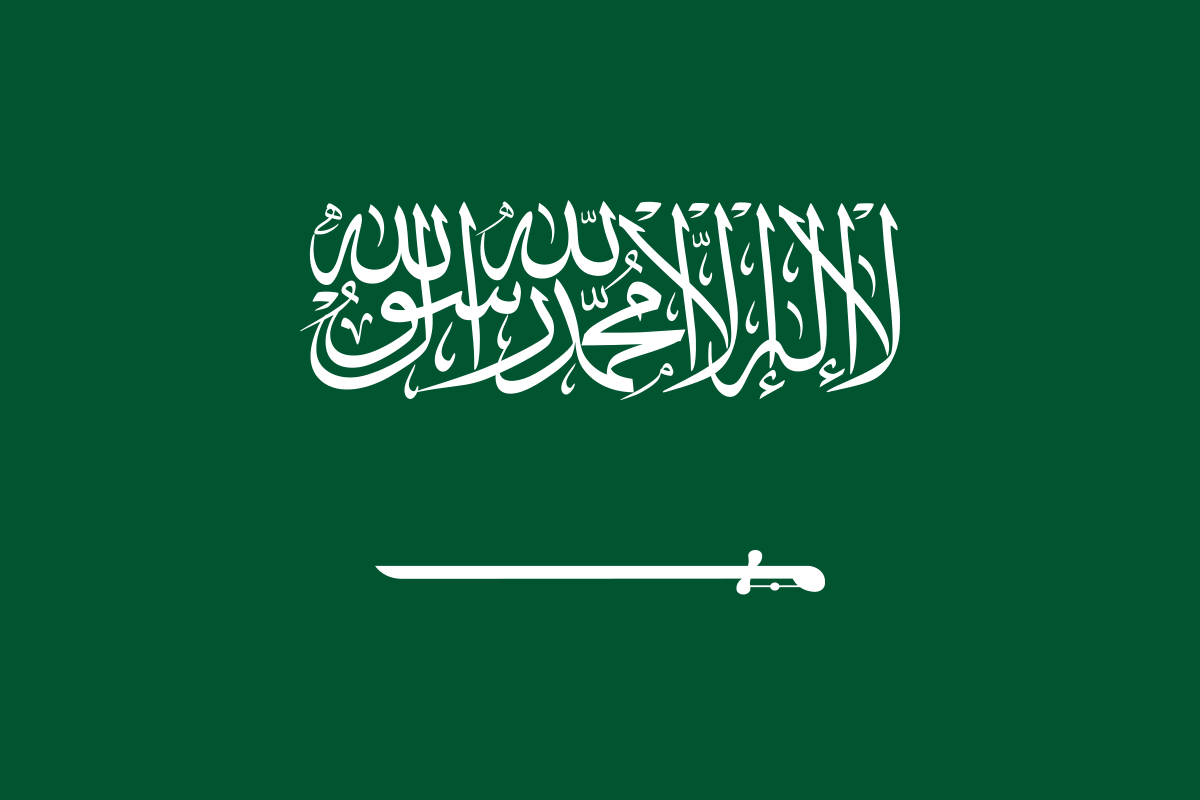Saudi Arabia Takes Charge of Coral Reef Conservation Efforts
Hyphen Web Desk

The ICRI Secretariat is an important global body that facilitates international cooperation on coral reef conservation. It serves as a platform for research, advocacy, and the development of strategies to protect these vital ecosystems. Saudi Arabia's leadership comes at a time when coral reefs are facing unprecedented threats, from the effects of climate change to overfishing and coastal development. The country’s assumption of the Secretariat role signals its increasing influence in global environmental affairs.
Saudi Arabia has already taken substantial steps in protecting marine ecosystems, particularly its own coral reefs along the Red Sea coast. With one of the most biodiverse reef systems in the world, Saudi Arabia's coastal waters host approximately 3,000 species of marine life, including endangered species of fish and corals. The kingdom has initiated several marine conservation programs, including a project to protect coral reefs from the impacts of global warming. These efforts are part of Saudi Arabia’s broader Vision 2030 plan, which includes a significant focus on sustainability and the preservation of natural resources.
The ICRI Secretariat’s new leadership comes in the wake of growing recognition of the importance of coral reefs, not only for marine biodiversity but also for the livelihoods of millions of people worldwide. Coral reefs contribute to the global economy by supporting fisheries, tourism, and coastal protection. The loss of these ecosystems due to climate change and human activities has serious implications for coastal communities, especially those in developing countries that rely heavily on reefs for food and income.
The decision to place Saudi Arabia at the helm of the ICRI Secretariat has been met with praise from environmental organizations, many of which see it as a promising development for coral reef conservation. The kingdom’s leadership, they argue, brings fresh momentum to international efforts to mitigate the damage caused by warming seas and destructive fishing practices. Saudi Arabia’s extensive experience in managing large-scale environmental projects and its position as a leader in the region make it an ideal candidate to guide the ICRI’s work in the years ahead.
Under Saudi Arabia's leadership, the ICRI Secretariat is expected to focus on several key areas of coral reef conservation. One major priority is addressing the effects of ocean acidification and rising sea temperatures, both of which threaten coral health. By collaborating with international scientific communities, Saudi Arabia plans to support cutting-edge research on coral resilience and restoration techniques. The kingdom has already invested in experimental coral restoration programs, some of which involve transplanting heat-resistant coral species to affected areas.
Saudi Arabia is emphasizing the need for stronger international regulations on fishing practices that harm coral ecosystems. Overfishing, illegal fishing, and the use of destructive fishing gear have been identified as major threats to coral reefs. The country’s role in the ICRI Secretariat will allow it to advocate for stronger enforcement of sustainable fishing practices and the creation of marine protected areas (MPAs) around key reef systems. These MPAs are critical for preserving biodiversity and ensuring the long-term health of coral reefs.
While the challenges are significant, Saudi Arabia’s leadership of the ICRI Secretariat is seen as a beacon of hope for the global coral reef conservation movement. Environmental experts are optimistic that the country’s involvement will lead to stronger cooperation among nations and more effective strategies for combating the threats facing coral reefs. As one of the world’s leading oil producers, Saudi Arabia's commitment to addressing climate change and environmental degradation is viewed as a crucial step toward balancing economic development with ecological preservation.
Labels:
#Syndication
Share:
